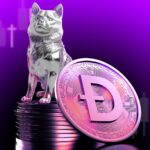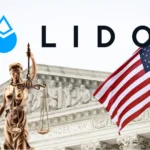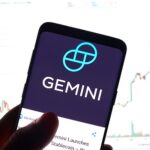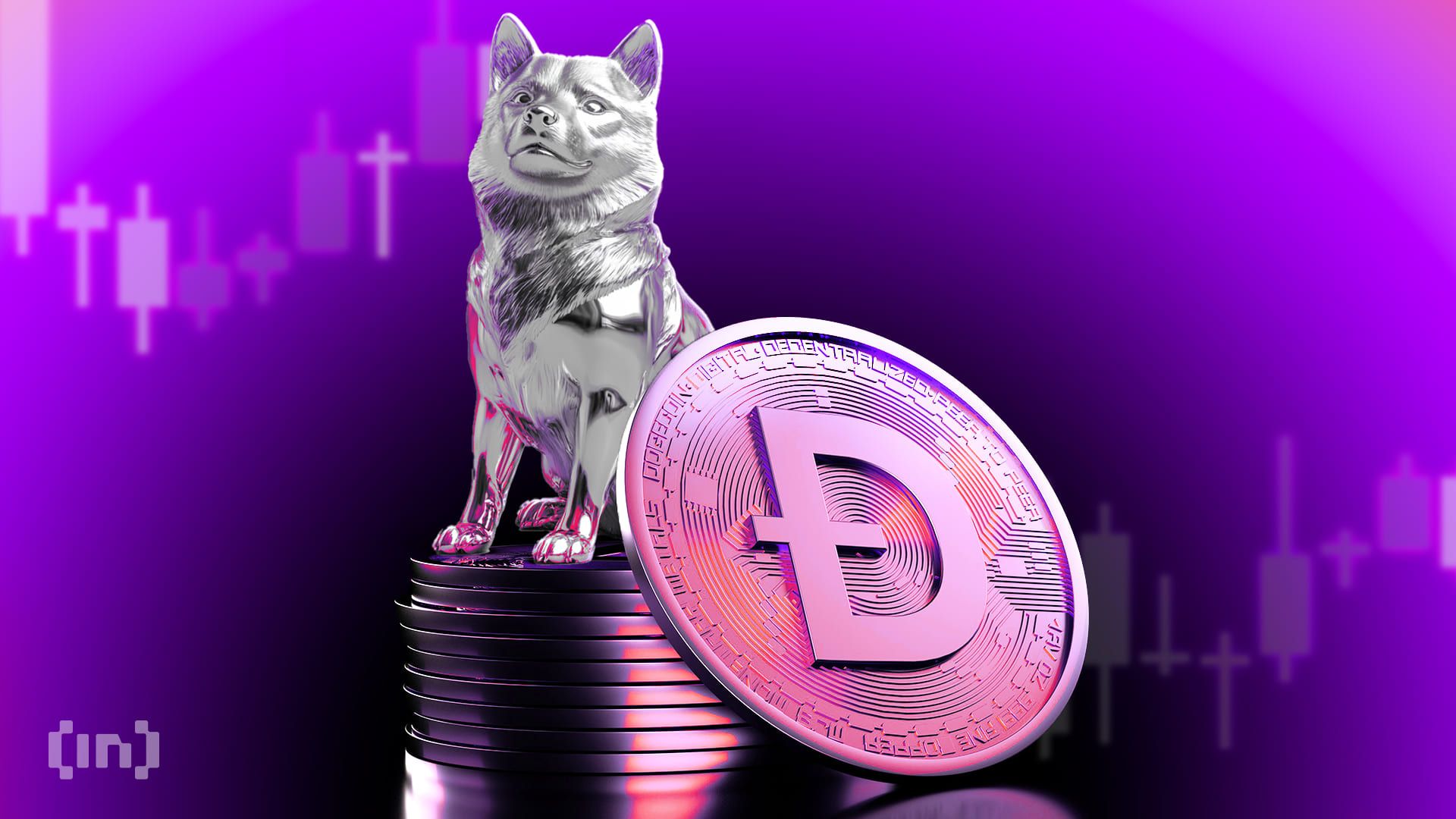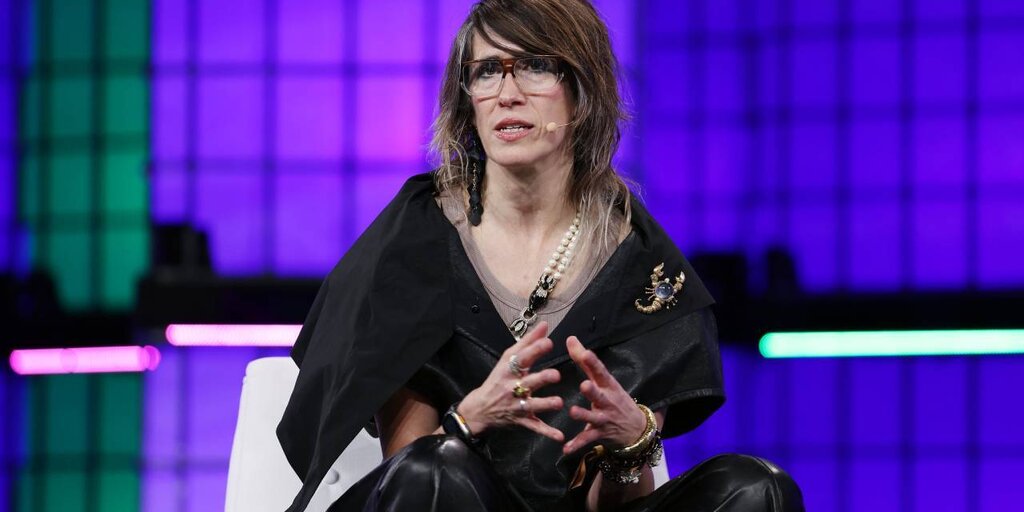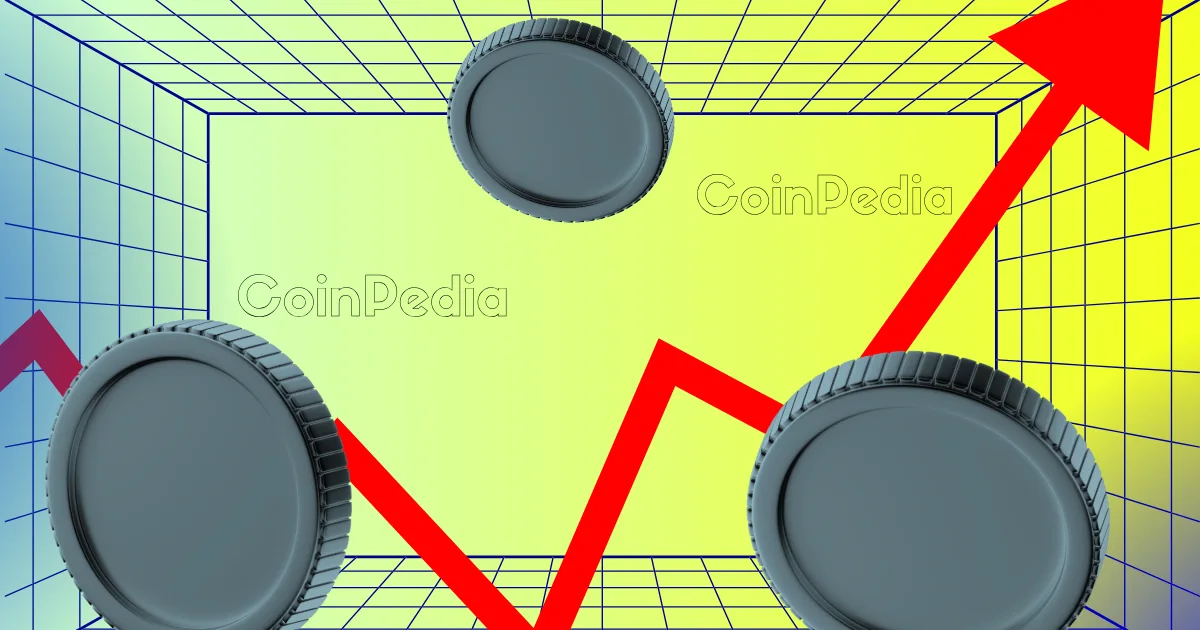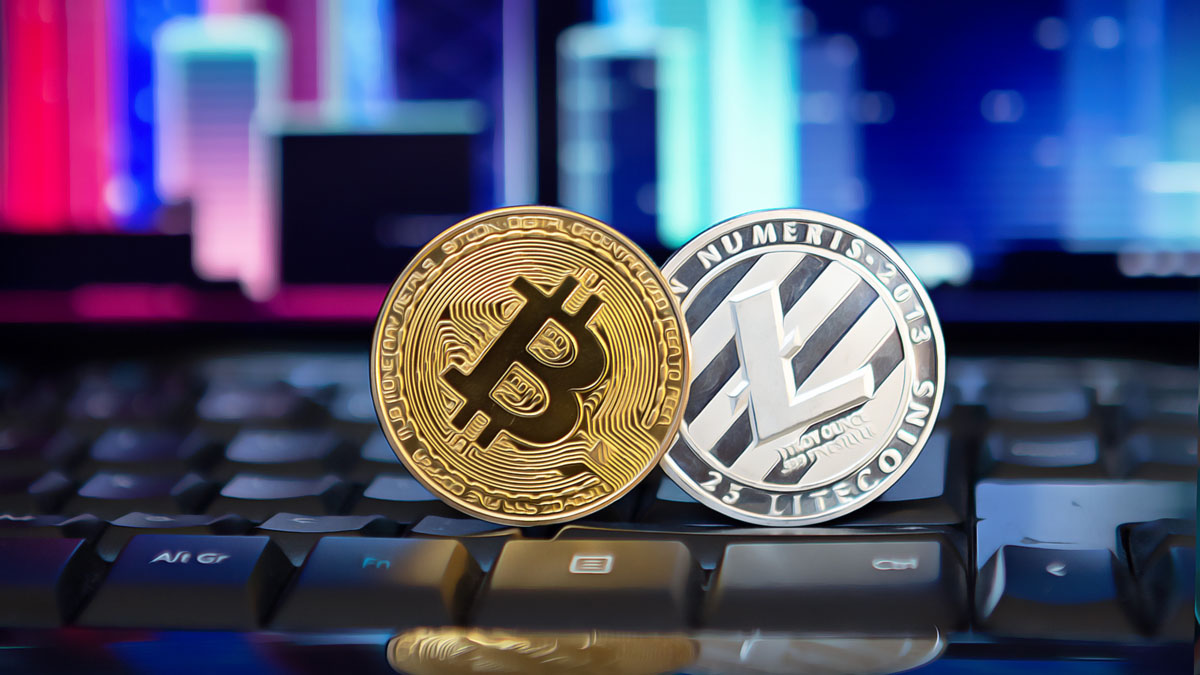
Over the weekend, the altcoin market showed significant activity, prompting discussions among traders about the potential onset of an altcoin season. Cryptocurrencies like Solana (SOL), XRP, Cardano (ADA), and TRX witnessed impressive price increases, ranging from 15% to 90%, while major players Bitcoin and Ethereum remained stable. However, Ethereum’s ongoing struggle to break past the $3,000 threshold is perceived as a crucial factor for a broader market rally.
What Indicators Suggest an Altcoin Season?
Experts from QCP Capital argue that a definitive altcoin season has not materialized yet. Historically, altcoins have shown stronger performance during periods of market consolidation following substantial rallies in Bitcoin and Ethereum. Currently, Bitcoin’s dominance is at 60%, but analysts believe that a confirmed altcoin season would require this figure to drop below 58%.
How Important is Ethereum’s Price Movement?
Ethereum’s price trajectory remains a critical factor for potential altcoin rallies. After reaching $3,444 in early November, Ethereum experienced a 10% drop, but it is currently finding solid support around the $3,000 mark. Analyst Ali Martinez noted that over 2.8 million addresses are accumulating ETH, reinforcing this support level.
Several key points emerge from the current market analysis:
– Ethereum is expected to rise significantly, with forecasts suggesting a potential peak of $9,200 by mid-2025.
– A tightening price range for Ethereum indicates possible upward momentum.
– Institutional interest is growing, which may further stimulate altcoin activity.
– Political changes could enhance crypto regulations, fueling investor optimism.
The landscape remains dynamic as traders watch Ethereum’s performance and Bitcoin’s upward trajectory, both of which are critical indicators for an emerging altcoin season.
Disclaimer: The information contained in this article does not constitute investment advice. Investors should be aware that cryptocurrencies carry high volatility and therefore risk, and should conduct their own research.


